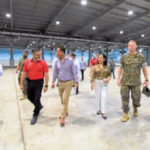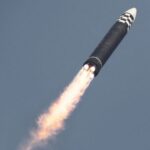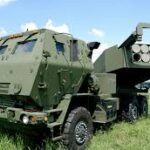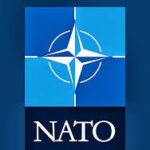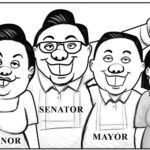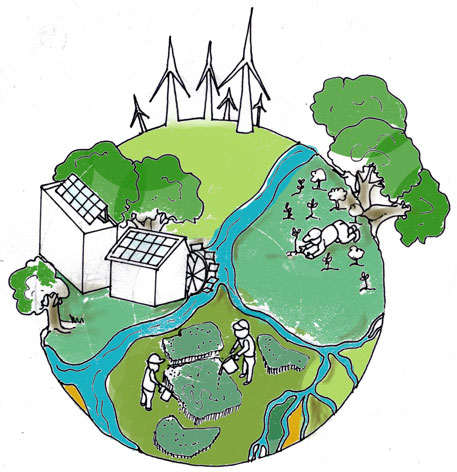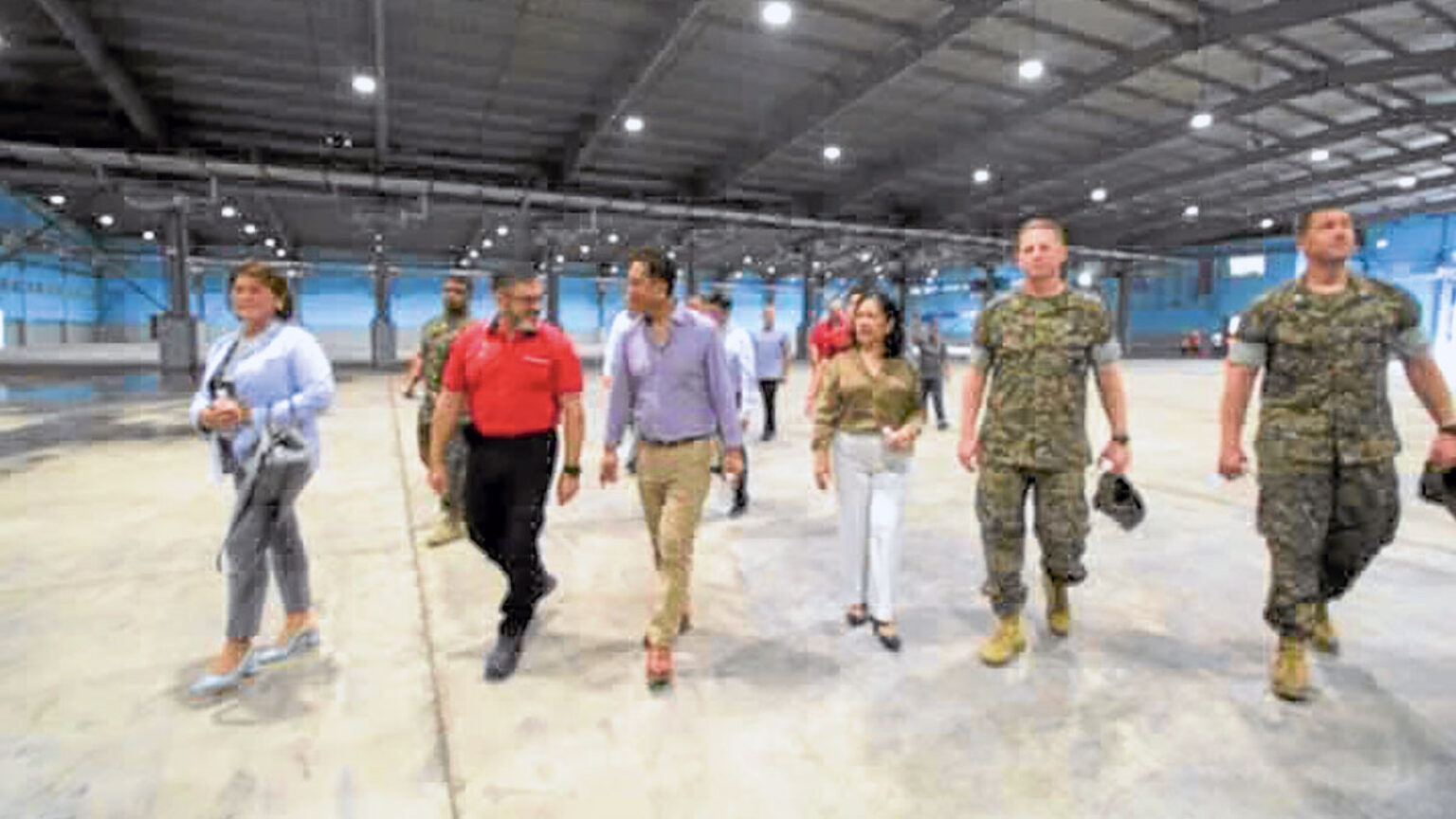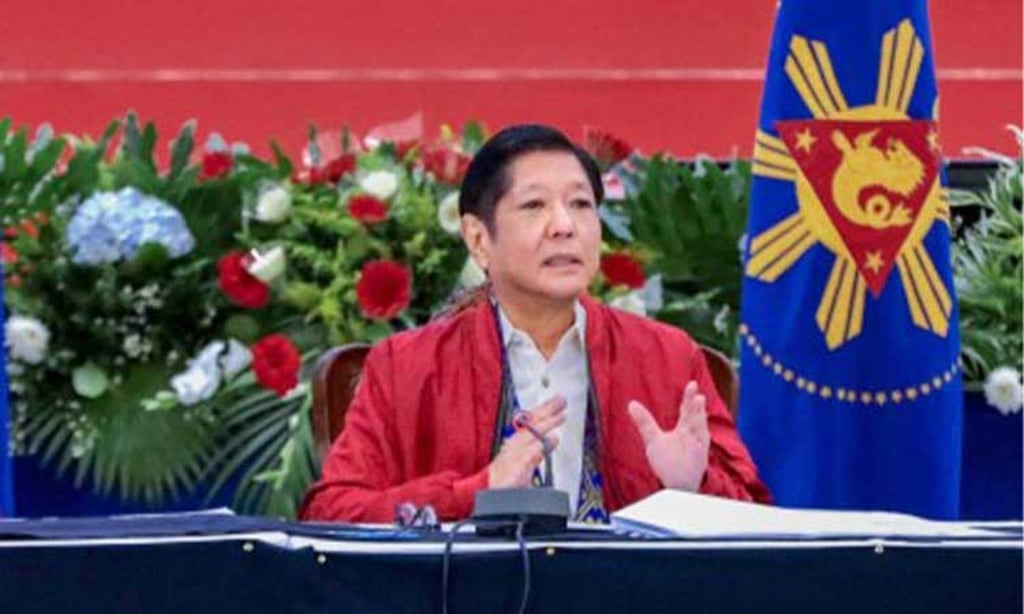Luke Allen
Military Political Analyst
Makati, Manila
lukeallenmanila@journalist.com
In recent years, the concepts of the green and blue economies have gained global momentum as nations urgently strive to achieve sustainable development goals. These paradigms underscore the critical importance of environmental conservation, resource efficiency, and economic prosperity. For the Philippines, a country blessed with abundant natural resources on land and in its surrounding seas, the immediate adoption of green and blue economic principles offers significant opportunities for growth and sustainability.
The green economy is centered on promoting sustainable practices that reduce environmental impact while fostering economic growth. In the Philippines, several initiatives have been implemented to advance this agenda. One key area of focus is renewable energy development. The country has vast potential for solar, wind, hydro, and geothermal energy generation, which can help reduce dependency on fossil fuels and mitigate climate change.
Furthermore, sustainable agriculture practices are being promoted to enhance food security and reduce the environmental footprint of the sector. Organic farming, agroforestry, and sustainable land management initiatives are encouraged to preserve biodiversity and protect ecosystems.
Promoting ecotourism is another aspect of the green economy in the Philippines. With its stunning natural landscapes, diverse wildlife, and vibrant marine ecosystems, the country is a prime destination for sustainable tourism initiatives. Investing in eco-friendly infrastructure and promoting responsible tourism practices, the Philippines can attract environmentally conscious travelers. This can lead to increased tourism revenue, job creation, and economic growth, all while preserving its natural heritage.
The blue economy, a term that refers to the sustainable use of ocean resources for economic growth, focuses on sustainable development and conservation of marine resources, including oceans, seas, and coastal areas. As an archipelagic nation, the Philippines has rich marine biodiversity and extensive coastlines, making the blue economy a crucial component of its sustainable development strategy.
One significant aspect of the blue economy in the Philippines is the sustainable management of fisheries. Overfishing and destructive fishing practices have threatened marine ecosystems and the livelihoods of coastal communities. Through measures such as marine protected areas, sustainable fishing practices, and community-based resource management, the Philippines aims to ensure the long-term viability of its fisheries sector.
Another critical area of focus in the blue economy is marine conservation and coastal zone management. The Philippines faces challenges such as coral reef degradation, plastic pollution, and coastal erosion, which require concerted efforts. By implementing marine conservation programs, promoting sustainable coastal development, and enhancing marine biodiversity protection, the country can safeguard its marine resources for future generations.
Embracing green and blue economic principles in the Philippines holds the promise of driving sustainable growth, creating green jobs, and enhancing resilience to environmental challenges. This transition to a more sustainable economic model can significantly reduce greenhouse gas emissions, conserve natural resources, and foster inclusive development, painting a hopeful and optimistic future for the country.
Moreover, investing in green and blue sectors can increase competitiveness, innovation, and market opportunities for Philippine businesses. By embracing environmentally friendly practices and technologies, companies can tap into the growing global demand for sustainable products and services, boosting economic growth and enhancing the country’s international reputation.
As we look towards a more sustainable and prosperous future for the Philippines, the green and blue economies offer a promising pathway. By embracing these paradigms and integrating environmental considerations into economic decision-making, we can achieve long-term sustainable development while preserving our natural heritage for future generations. Through our collective collaboration between government, businesses, civil society, and local communities, we can harness the potential of our green and blue resources to build a more resilient and sustainable Philippines.

